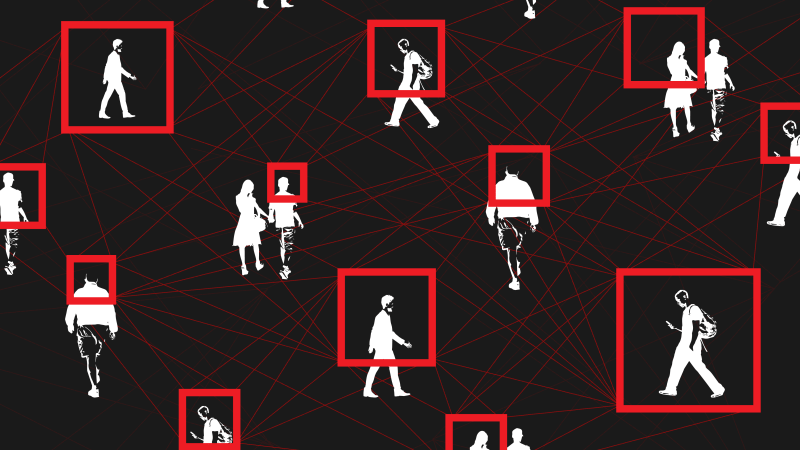I have three midterms this week. I slept two hours last night. Coffee doesn’t do anything for me anymore. We’ve all heard these phrases repeated ad nauseam by Stanford students — ourselves included. None of us are strangers to packed days and sleepless nights. The 10-week sprint every quarter forces us to constantly reevaluate social, academic and personal priorities to maximize utility: Do I go to bed early, or hop on my computer and apply to another internship? Or, screw it! Should I go out with my friends to KSig?
The productivist ethos — the notion that “staying busy” is a virtue — permeates Stanford’s culture and is often equated with success. We constantly strive to make the most of every minute of our college experience, shunning all things we deem “unproductive.” Carpe diem, or “seize the moment,” quickly spirals into “seize every second.” This ceaseless pursuit of productivity, however, makes us so consumed in our own routines and aspirations that we cease to recognize the vagaries of life around us. More importantly, we can cease to appreciate the people who facilitate our education.
When we look around campus, there are many examples of students leaving a mess in public spaces, reflecting an expectation that someone else will take care of their problems. During the move-in and move-out periods at either end of the year, the hallways are flooded with cardboard boxes and other debris from packing, even though signs clearly show where to dispose of trash and recyclables.
Students frequently leave dorm room garbage and dirty dishes outside their doors, waiting for somebody else — custodial staff, presumably — to come pick them up. The unsanitary use of dorm showers and toilets makes one wonder whether we live with adults or toddlers. Stories abound about chefs and cleaners quitting Row houses due to lack of appreciation and disrespect of communal spaces by students (including rumors that people would urinate on the floor of the kitchen during parties at one fraternity).
The individualism of productivist culture, combined with the self-absorption required to achieve career and academic success, too often manifests in self-centered behavior. Rather than taking 20 extra seconds to hold the door for a stranger, we focus on opening doors for ourselves. In aiming to improve our own condition, we have abandoned the central Stanford call of improving the condition of others.
At a university with a student body so ostensibly concerned with public good and moral righteousness, we must ask ourselves whether we champion the true meaning of these terms as they exist before us. Thanking the person who washes our plates, saying hello to the person keeping our hallways clean — these interactions of essential meaning can feel awkward and trite in the dog-eat-dog, fast-moving stochasticism that can be Stanford.
These considerations of our collective student behavior are distinct from the University’s relationship with workers; these are important issues that should be separately addressed. It falls on the student body to be upstanding in showing the emotional appreciation, human respect and dignity that service workers at Stanford have historically failed to receive. Rather than focusing on the chaos of Wilbur’s long dinner lines or missing silverware, we ought to rally around what we do have and what we can be thankful for.
Certainly, student frustrations about the gap between the steep price tag of our living arrangements and its sometimes subpar realities are understandable. At the same time, they should not be taken out on the chefs, dish washers, cleaners, drivers, librarians and other dedicated individuals who provide some of our university’s most essential functions. Our attitude toward services at Stanford, from employees at Tresidder to transportation, needs to respect and acknowledge the human being behind each and every one of these services on this campus. In doing so, we move beyond the often cyclical, withdrawn exercise of calling out privilege among our peers and identify and address our own “look away” privilege of passivity.
As many of us spend the break away from campus, it is worth reflecting on and acknowledging the work of our entire community: How much is done for us students to have comfortable and convenient lives here, and how lucky we are to be able to focus on our own success and academic achievement. In reality, some of the most positive impact that we are able to create in the world during our time here is in making other people’s lives better. That starts with gratitude.
